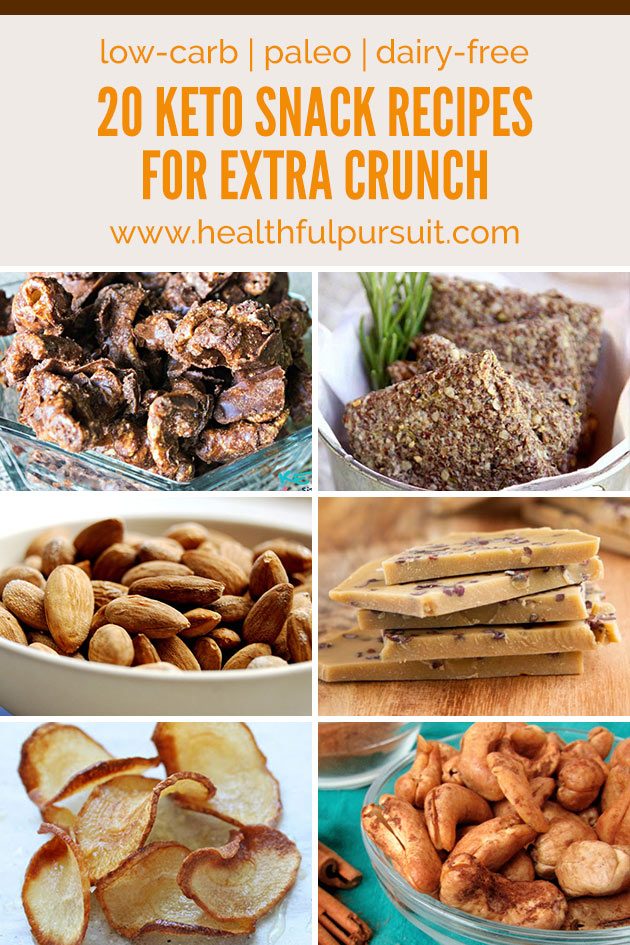Apply Now
Best 5 Keto-Friendly Options for Resistant Dextrin in 2025
Understanding Resistant Dextrin for Keto Dieters
Resistant dextrin is gaining recognition in the realm of dietary fiber, especially among keto enthusiasts. This soluble fiber, derived from starchy foods, acts as a low glycemic index carbohydrate source that supports weight loss and digestive health. As the keto diet focuses on reducing carbohydrates to enhance fat burning and achieve ketosis, integrating resistant dextrin can enhance your fiber intake without disrupting your carb limits. The benefits of resistant dextrin extend to improving gut health through its prebiotic properties, effectively contributing to a healthier gut microbiome.
Resistant dextrin not only helps in managing blood sugar levels but also aids in appetite control through increased satiety. For those adhering to a strict ketogenic lifestyle, this fiber allows for the enjoyment of foods without compromising carb intake. In this article, we'll explore the top five keto-friendly options for resistant dextrin that can be incorporated into your diet for better health outcomes.
1. Green Banana Flour
Green banana flour is an excellent source of resistant dextrin, particularly rich in dietary fiber and resistant starch. This low-carb alternative serves as a great meal replacement or baking base, making it ideal for keto recipes. Its subtle flavor allows for versatile applications in smoothies, pancakes, and baked goods, enhancing both the nutritional profile and flavor.
When incorporating green banana flour, consider using it in conjunction with other low carb ingredients to maintain macro ratios. This flour is also beneficial for blood sugar control, as it helps slow down glucose absorption, promoting sustained energy and steady blood glucose levels after meals.
2. Acacia Fiber Powder
Acacia fiber powder, derived from the sap of the acacia tree, is another outstanding option for resistant dextrin. Known for its high soluble fiber content, it acts as a natural prebiotic fiber that nourishes gut bacteria and enhances digestive wellness. Adding acacia fiber powder into your ketogenic meals can improve gut health and support overall metabolic health.
This keto-friendly supplement can be mixed in beverages or even baked into high fiber foods, ensuring you meet your daily fiber intake while enjoying the benefits of a low carb diet. It's particularly useful in meal prepping or quick keto snacks, providing both satisfaction and nutritional benefits without raising carbohydrate levels.
3. Psillium Husk
Psillium husk is a popular choice among keto dieters for its high fiber content and digestive health benefits. As a soluble fiber, it swells in water, helping to enhance satiety and curb cravings, making it an effective component of a weight loss strategy. By incorporating psillium husk into your daily meals, you can help manage appetite control and support healthy bowel movements.
Beyond its fiber benefits, psillium husk can also be a great thickening agent in recipes, adding texture without significant calories. It can be seamlessly included in keto recipes for baked goods or used as a fiber supplement to support digestive health.
4. Oat Fiber
Oat fiber is an exceptional source of soluble fiber that fits perfectly within a keto-friendly framework. Its high fiber nature allows for substantial health benefits, such as improved digestive health and blood sugar control. Despite being derived from oats, oat fiber is virtually carb-free, making it an ideal choice for low carbohydrate options.
When using oat fiber, consider mixing it into smoothies, baking recipes, or even as a thickener for sauces. With its ability to create a sense of fullness, oat fiber can contribute effectively to weight management and healthier eating habits on a keto diet.
5. Coconut Fiber
Coconut fiber, also known as copra or coconut flour, is an excellent choice for those looking to include resistant dextrin in their diet. This versatile ingredient is low in carbs and high in fiber, making it a prime candidate for a variety of keto recipes. Coconut fiber not only supports digestive health but is also rich in healthy fats, making it a perfect addition to ketogenic meals aimed at promoting ketosis.
Coconut fiber can be utilized in baking keto snacks, enhancing the fiber content of your diet whilst maintaining delicious flavors. Its low glycemic index also ensures that it won't lead to spikes in blood glucose levels, further supporting weight loss goals and overall wellness.
Conclusion
Incorporating these keto-friendly options for resistant dextrin into your diet can enhance your dietary fiber intake and support your goals of weight loss, digestion, and maintaining healthy blood sugar levels. As the keto lifestyle continues to grow, understanding how various fiber sources contribute to health and wellness will aid in your meal planning and adherence to a low-carb diet.
Remember to explore keto-friendly foods that complement your preferences while managing dietary restrictions. With these fiber-rich options, you can embark on a journey towards better health through smarter nutritional choices.

